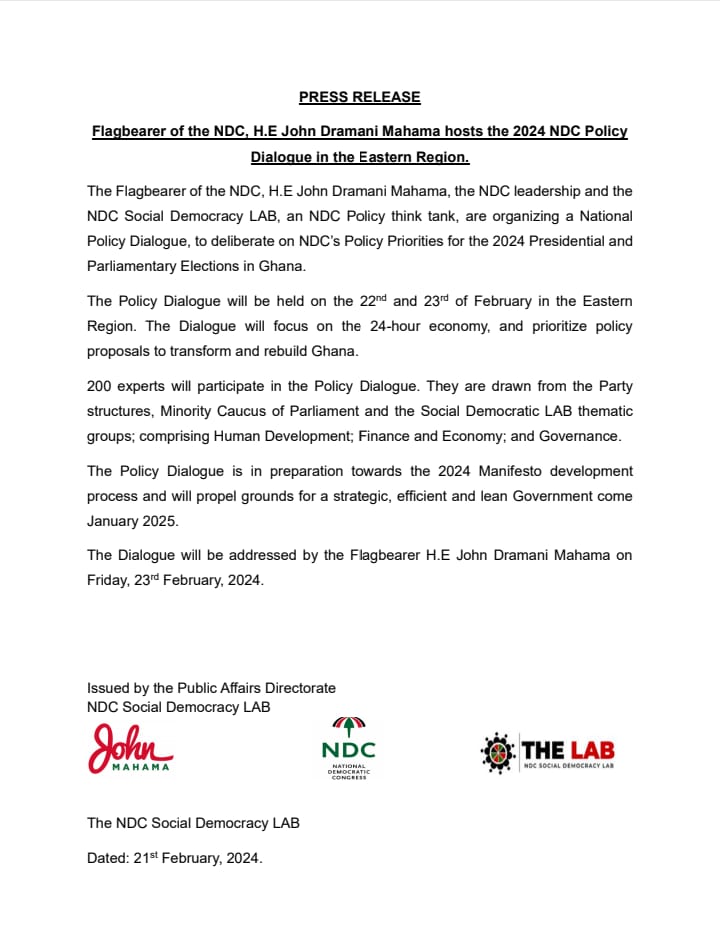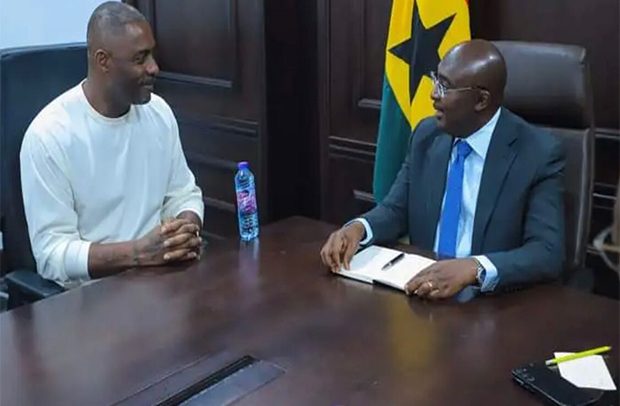
A forum to address the different aspects of the national economy, particularly relating to the world of work, vulnerability of workers and their communities, has taken place in Accra.
The Forum, dubbed: National Dialogue on Decent Work and Just Transition to an Environmentally Sustainable Economy and Society for All, aimed at helping to determine key issues related to the vulnerability of the labour market which include uncertainties regarding job impacts, the risk of job losses, risk of undemocratic decision-making processes on employment, risk of regional environment or local economic downturn.
In attendance were Labour and Environmental experts from the academia, Ministries, Departments and Agencies (MDAs) and Civil Society Organizations who discussed ways of creating employment opportunities in an environmentally sustainable manner.
It was jointly organized by the Environmental Protection Agency (EPA), International Labour Organization (ILO), Ministry of Employment and Labour Relations (MELR), Ghana Employers Association (GEA) and the Ghana Trades Union Congress (TUC).
The theme for the forum was The Roles of Tripartite Constituents in Decent Work and Sustainable Development.
In a key note address delivered on his behalf at the opening of the forum, Hon. Ignatius Baffuor Awuah, Minister for Employment and Labour Relations, noted that adjusting to a more sustainable economic strategy for the promotion of Ghana's economic and social development in a more sustainable manner would require the diversification of the economy and the adoption of mechanisms, using environmentally-sound technologies, trade-related diversification and investment-related channels.
Hon. Awuah said the meeting provided the opportunity to design innovative ways of promoting and creating decent jobs in Ghana, bearing in mind that job creation and environmental protection were intertwined.
He said as workers were under pressure to acquire new skills in order to be relevant in the labour market and in the economy at large, there was equally the need to continually assess the impact of transiting to a green economy on work.
Furthermore, he said, the trajectory of the future of work required that knowledge was provided on what types of jobs would be lost and which of them would be transformed.
He, therefore, called for effective collaboration among tripartite partners? Trade Unions, Employer Groups and Government? to reap the benefits of promoting the decent work agenda.
Hon. Awuah stressed the need to remain committed to the four pillars of decent work which, he said, meant that in adopting the strategies of green economy, consideration should be given to mechanisms for developing new enterprises and creating more jobs while protecting workers' rights and work standards.
In addition, he said, workers should not be allowed to fall into vulnerabilities, but to ensure high levels of occupational health and safety as well as pensions and attractive, yet sustainable, retirement protection and the provision of a platform for social dialogue.
In his remarks, Mr Alex Frimpong, Chief Executive Officer, GEA, condemned the unsustainable exploitation of the environment which, he said, had dire consequences on mankind, leading to high unemployment rates, poverty and hunger.
Mr Frimpong pledged the commitment of GEA to supporting national efforts for a transition to an environmentally-sustainable economy to create decent and fair employment for Ghanaian workers.
Source: ISD (G.D. Zaney)
Read Full Story



















Facebook
Twitter
Pinterest
Instagram
Google+
YouTube
LinkedIn
RSS